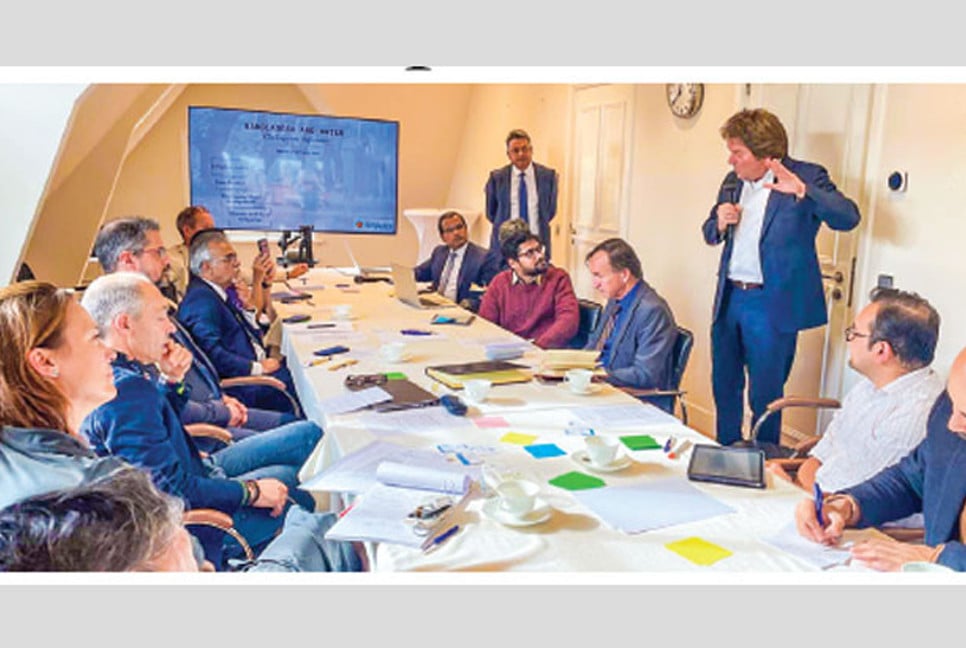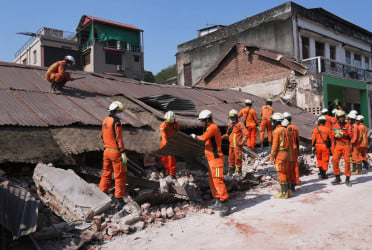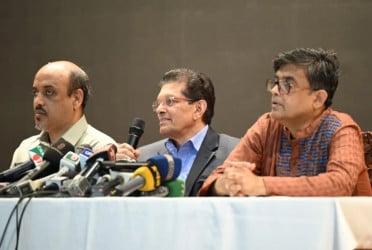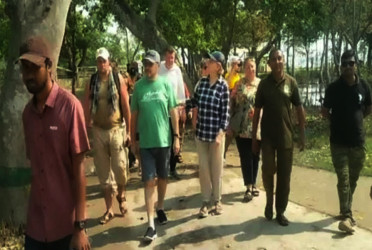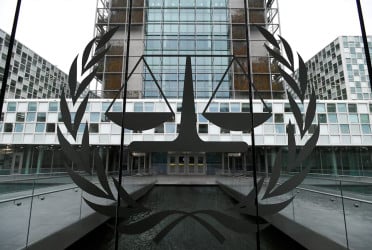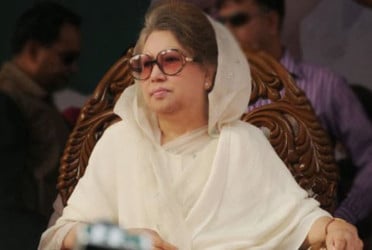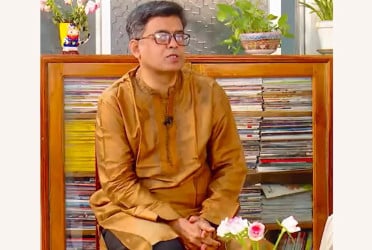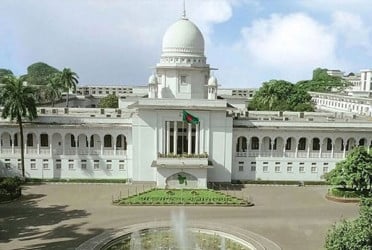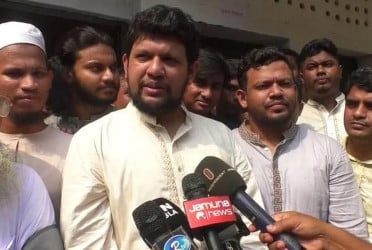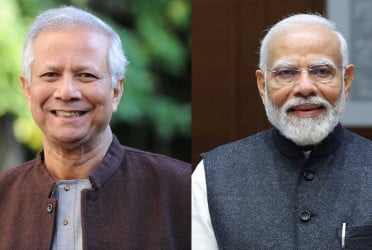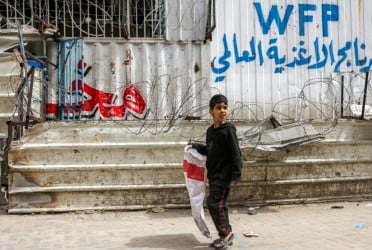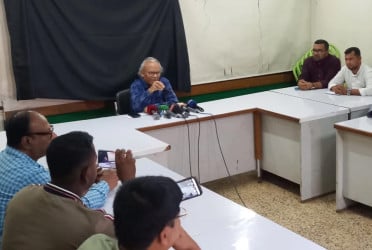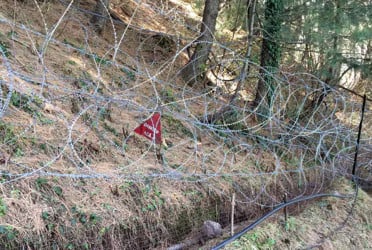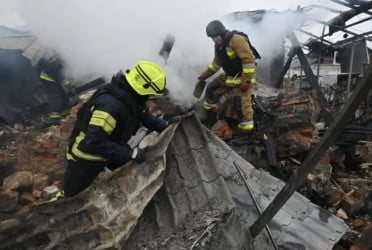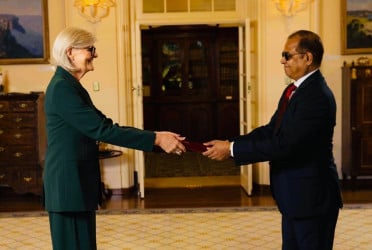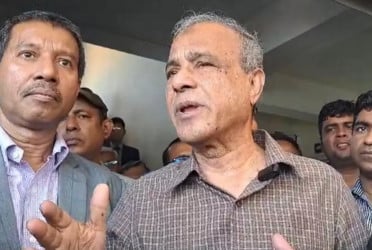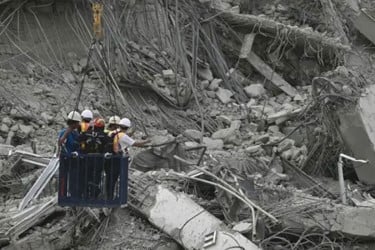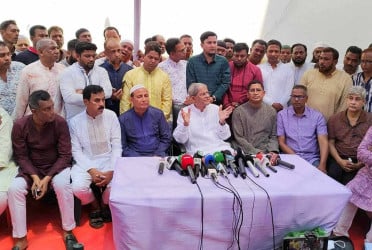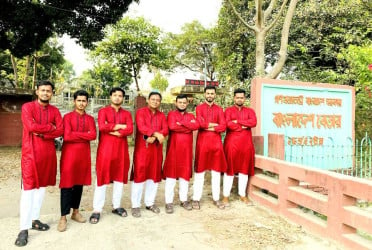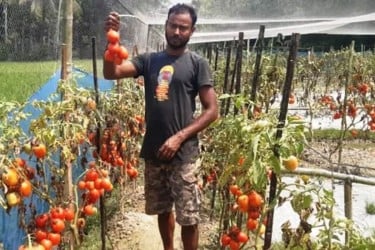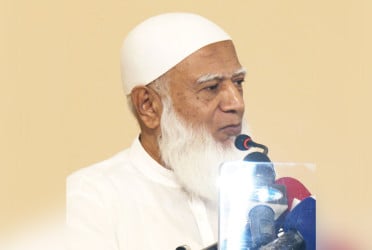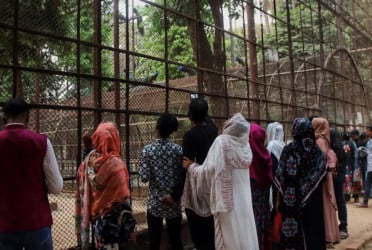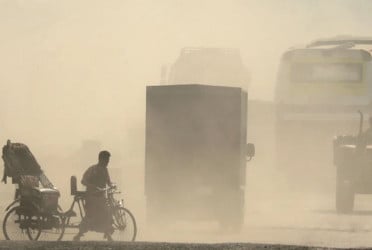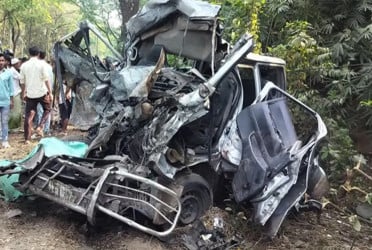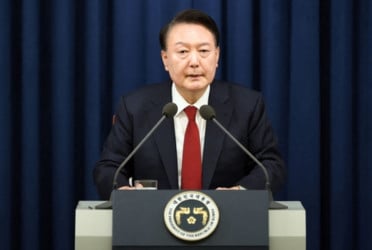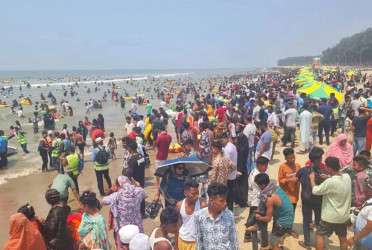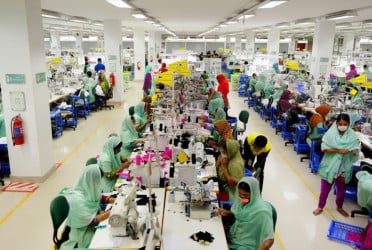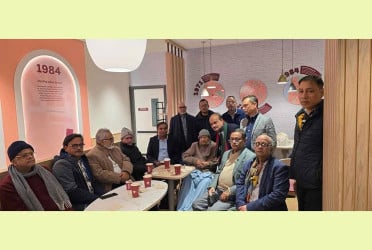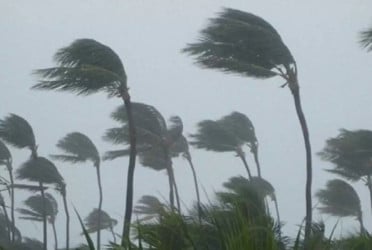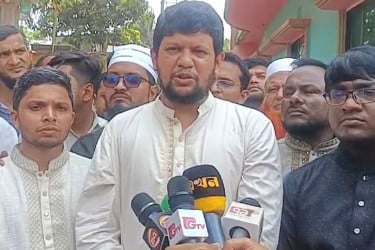Experts at a roundtable emphasised the importance of improving flood management, suggesting that effective handling of flood risks could be transformed into economic opportunities.
Taking part in the roundtable discussion on “Water and Bangladesh: Challenges and Opportunities”, the experts explored innovative solutions to harness opportunities and address the challenges posed by water and flooding in Bangladesh.
The roundtable was organised Friday by the Embassy of Bangladesh to the Netherlands in the Hague. Bangladeshi water experts working in the Netherlands, the Dutch Ambassador to Bangladesh, Dutch Foreign Ministry officials, university professors, and water experts attended the discussion.
Water and Environmental Expert, Dr Ruknul Ferdous, said to mitigate flood risks, flood forecasting and early warning systems are extremely important. Bangladesh Water Development Board’s Flood Forecasting and Warning Centre (FFWC) provides daily forecasts during the flood season. There are critical gaps in the dissemination of this information, especially at the local level.
Flood forecasting has to be made more effective through enhanced dissemination strategies, community engagement, and clearer communication of risks, he added.
Kifayath Chowdhury, a PhD candidate at Delft University of Technology, stressed that mitigation requires interdisciplinary collaboration across various sectors, including government agencies, scientists, engineers, urban planners, and community leaders. Better coordination among stakeholders can lead to the design and implementation of more resilient flood protection measures.
Mohammad Saidee Hasan, PhD candidate at TU Delft, said “We can turn flood risks into economic opportunities. Instead of viewing floods as purely destructive, sustainable flood management techniques can enhance local economies and promote long-term growth.”
He emphasised the use of natural infrastructure, such as wetlands and green spaces, to improve water retention and flood control while simultaneously supporting sectors like agriculture, tourism, and fisheries.
Md Feroz Islam, a researcher at Wageningen University and Research (WUR), urged that the climatic shifts will have far-reaching effects on water security, food security, and overall socio-economic stability.
Bangladesh Ambassador Tareque Muhammad mentioned that Bangladesh and the Netherlands are trusted partners in water management collaboration. He hopes to continue this partnership in the second phase of Bangladesh Delta Plan 2100 and beyond.
The experts also underlined that we cannot fight with the river, but we can manage our rivers. Here, integrating local knowledge and community people in formulating water management plans is crucial.
Professor Chris Zevenbergen of the Water Engineering Department of IHE Delft said that Bangladesh is a very dynamic delta; it needs dynamic plans as well. However, most of the bigger projects on water management in Bangladesh are not working well. We need to rethink new solutions from time to time. There are many water experts in Bangladesh who can contribute to making sustainable water management plans.
Bd-pratidin English/Tanvir Raihan

